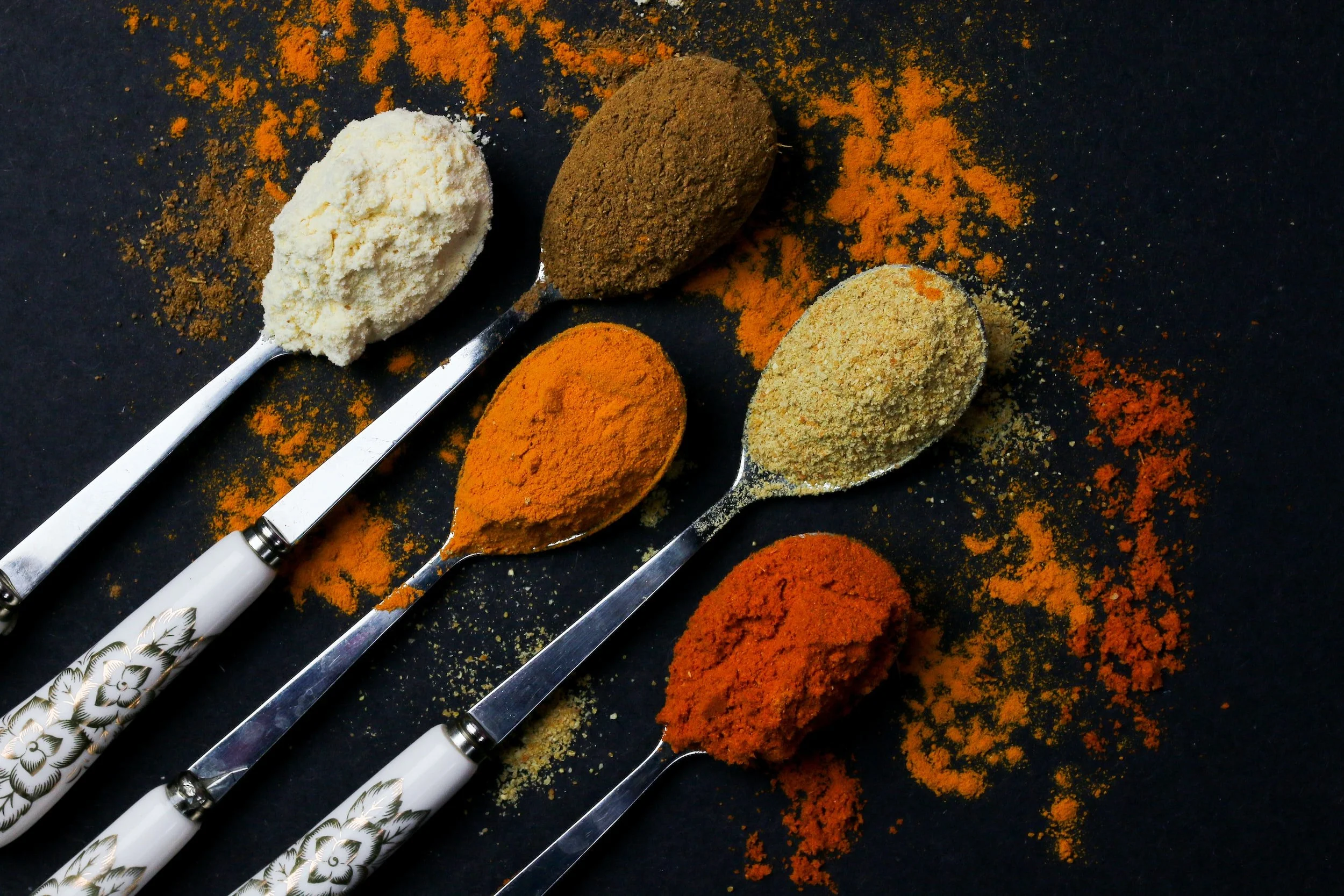Discover the Foods You Should Avoid During Chemotherapy
Foods to avoid during chemotherapy can be a significant concern for those undergoing treatment. The weakened immune system often caused by chemotherapy and stem cell transplants makes it difficult for the body to fight off bacterial infections and food-borne illnesses, resulting in vomiting, dehydration, and other severe health conditions. Therefore, taking extra precautions and being mindful of what is consumed can help reduce the risk of infection. Examples of foods to avoid during chemotherapy include unwashed raw vegetables and fruits, raw or undercooked meats, fish, eggs, and soft cheeses such as brie, feta, and blue cheese.
Soft cheeses may be delicious, but due to the way in which they are ripened by mold, they can come with a high risk of foodborne illness. Soft cheeses like brie, feta, and blue cheese contain bacteria such as listeria and salmonella, which can cause vomiting and dehydration when consumed by a person with a weakened immune system. Therefore, it is essential to avoid soft cheeses and other kinds of unpasteurized dairy products while undergoing chemotherapy treatment.
“It is also essential to thoroughly wash any vegetables or fruits consumed. To lower infection risk, wash fresh fruits and vegetables well by rubbing them under running water.”
It is also essential to thoroughly wash any vegetables or fruits consumed. To lower infection risk, wash fresh fruits and vegetables well by rubbing them under running water. Avoid fruits and vegetables that cannot be properly scrubbed and washed, such as blackberries or raspberries. Additionally, keep the surfaces where food is prepared clean by washing them with soap and water. Use one cutting board for raw meats or fish and a separate one for other foods, and clean them with soap and water or a diluted vinegar solution after use to prevent cross-contamination from bacteria. These extra precautions can help reduce the risk of infection during chemotherapy treatment.
Deli meats are a popular component of many meals, but for those undergoing chemotherapy, extra caution should be taken to ensure safety. Freshly sliced deli meats from the counter should be avoided unless they are heated until steaming hot. This is because freshly sliced meats can carry a higher risk of contamination than vacuum-packed, prepackaged deli meats. For a safer alternative, lean-cooked meats, like chicken, are an even better choice because heat kills the bacteria that can cause infection.
If you are cooking for someone undergoing chemotherapy, it is highly recommended to use minimal amounts of spices and seasonings. Spicy ingredients such as chili powder, garlic, and hot peppers can irritate side effects like mouth sores. Additionally, acidic fruits such as pineapples, tomatoes, and strawberries should be avoided, as consuming them can further worsen mouth sores. Fried or heavily processed foods with strong smells may cause nausea and vomiting, which could lead to extra fluid loss and dehydration.
Carefully selecting foods can make all the difference in a patient's experience and outcome. In addition to reducing the risk of infection, avoiding these particular items may also help patients feel more comfortable while undergoing treatment.
The best approach to combat chemotherapy side effects is to focus on eating foods that are easy to digest and full of vitamins and minerals. High-fiber foods such as beans, lentils, vegetables, and fresh or dried fruit are good for constipation. Plain foods such as rice, bananas, and applesauce can soothe diarrhea symptoms. Drinking ample water is also a great way to combat this condition. For dry mouth or difficulty swallowing, try soft or mostly liquid foods, like soup, yogurt, milk, or purée foods, to make them easier to swallow. Finally, avoid spicy foods and acidic foods like citrus fruits to prevent irritation of mouth sores.
Healthy food choices during treatment for lymphoma include nutrient-rich whole grains like quinoa, buckwheat, brown rice, and oats. These foods can provide energy, vitamins, minerals, and fiber to help keep the body strong. Other grain-based sources of complex carbohydrates include whole wheat bread and pasta. Protein-rich foods like lean-cooked meats, fish, and poultry are excellent sources of energy as well.
To get vitamins, minerals, and antioxidants into your diet, focus on eating plenty of fresh fruits and vegetables—especially crunchy vegetables like carrots and leafy greens in salads or smoothies. Pasteurized 100% fruit juices can also be a healthy choice to support the immune system. Finally, drink fluids such as water, herbal teas, vegetable juice, and soups to stay hydrated.
When patients don't feel like eating during their treatment, it can be challenging to get the proper nutrition they need. However, several strategies can help make it easier for them to eat and get the nourishment their body needs.
If a patient has difficulty with appetite, try breaking up the food into smaller meals and snacks throughout the day instead of three large meals. Eating smaller meals helps reduce nausea and prevents large swings in blood sugar levels that can lead to fatigue or dizziness. It's important to plan ahead and have healthy snacks ready to reach for when hunger strikes. High-calorie, nutrient-rich foods like nuts, beans, avocados, seeds, puddings, and cooked cereals like oatmeal provide more energy for less volume of food than lighter options. A great way to stay energized and alert during a long day is to keep your favorite snacks nearby and snack frequently.
Before taking any nutritional or herbal supplements, it is crucial to speak with a doctor, as some of these supplements could interfere with your treatments. Talking with your healthcare team about any dietary concerns you may have before beginning chemotherapy or other treatments is essential. Your healthcare providers can help you create an individualized nutrition plan that meets your needs and helps keep you healthy. Eating a balanced diet of nutrient-rich foods is essential to any treatment plan. Ultimately, being mindful of what you eat during chemotherapy can help reduce the risk of infection and provide much-needed comfort as patients undergo their treatments.




